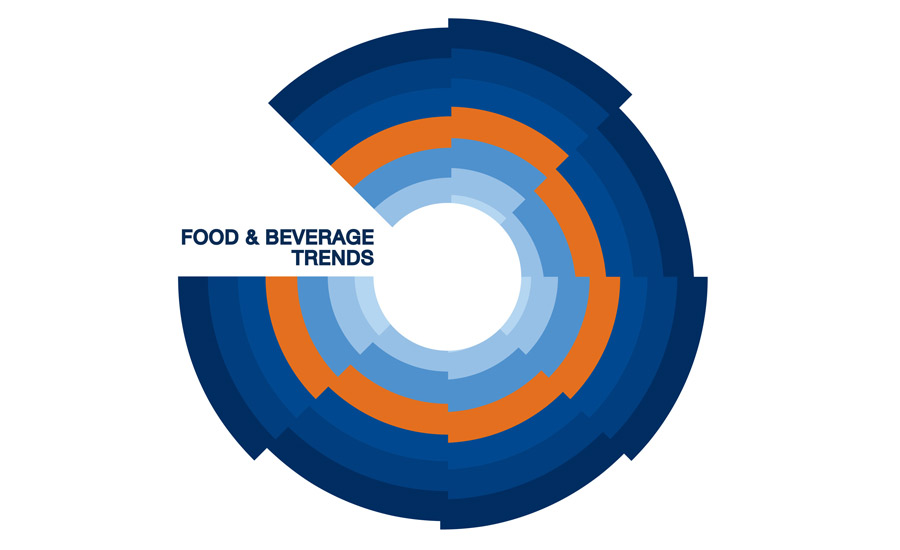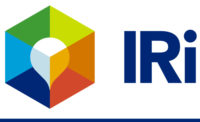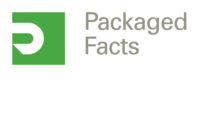Private Label Ice Cream Trends
Two-thirds of US consumers find parity between grocers’ private label frozen desserts and their national brand counterparts

Ice cream is among the largest supermarket food categories, one of only 10 with double digit billion dollar sales, according to market research publisher Packaged Facts in the report Ice Cream and Frozen Desserts in the US, 9th Edition.
Given the high standing of ice cream among the food categories in retail groceries, it isn’t surprising that store brand/private label products are so prominent, accounting for nearly 20% of all frozen dessert sales, packaged and novelties combined, and as much as half the sales in the sherbet/sorbet/water ice category. Another reason for retailers to want in on ice cream sales via their private label products is that ice cream is an expensive category for retail stores, as it must be kept frozen and a lot of space must be given over to the category in order to keep up with the plethora of ice cream brands and varieties that consumers want to choose among.
Sales of private label frozen desserts have grown steadily over the last couple of decades. In recent years, about two-thirds of consumers have come to accept that private label frozen desserts are equal in quality to name brand frozen desserts. This perception is based in reality, as private label frozen desserts have been on a steady rise in terms of quality over the past three decades.
The starting point was the explosion in quality among branded frozen desserts marked by the expansion of superpremium ice cream sales and a burst of activity in the premium category. Economy and regular ice creams lost ground as consumers, once they had a taste of the “good stuff,” had a hard time accepting anything else. As a result, private label frozen desserts, which accounted for a lot of the low-end activity, were being squeezed out of the market. Viewing the success of premium products, retailers opted to get on the bandwagon and the improvement of private label frozen desserts was underway.
Unsurprisingly, frozen desserts weren’t the only food category in which this trend was taking place. Across the board, private label products were being upgraded as consumers shifted from a purely lowest price approach to shopping to a price/value approach which weighed significantly in the acceptance of the new, upgraded, private label products. Also becoming a factor in private label sales increases for frozen desserts and other foods was the expansion of upscale, specialty, and natural food retail chains such as Whole Foods and Trader Joe’s which actively promote their store brands as top quality offerings as good as any branded products, with the same flavors that are trending as consumer favorites, as for example with Whole Foods Caramel and Sea Salt “Authentic Italian” Gelato.
Looking for a reprint of this article?
From high-res PDFs to custom plaques, order your copy today!






